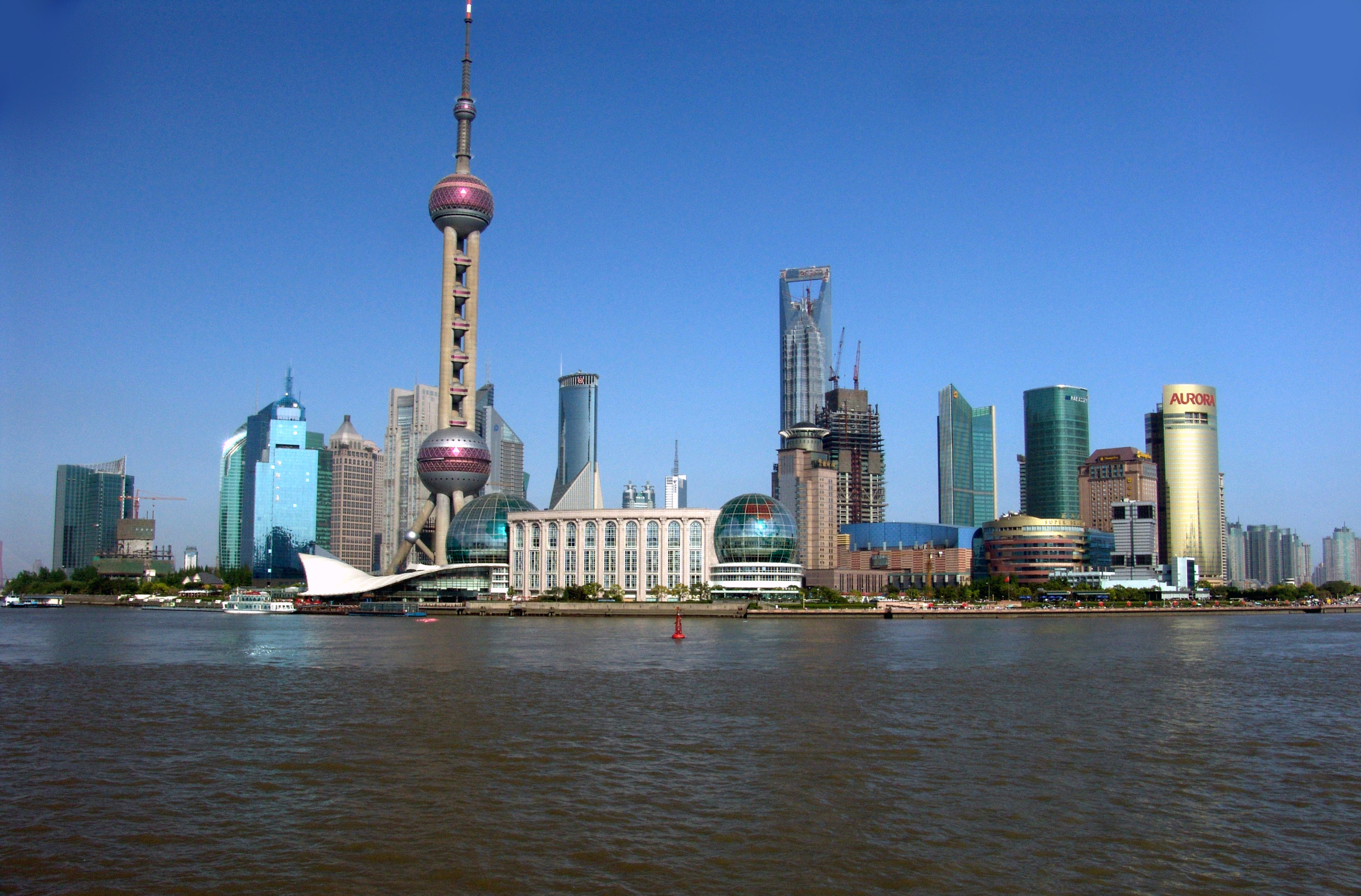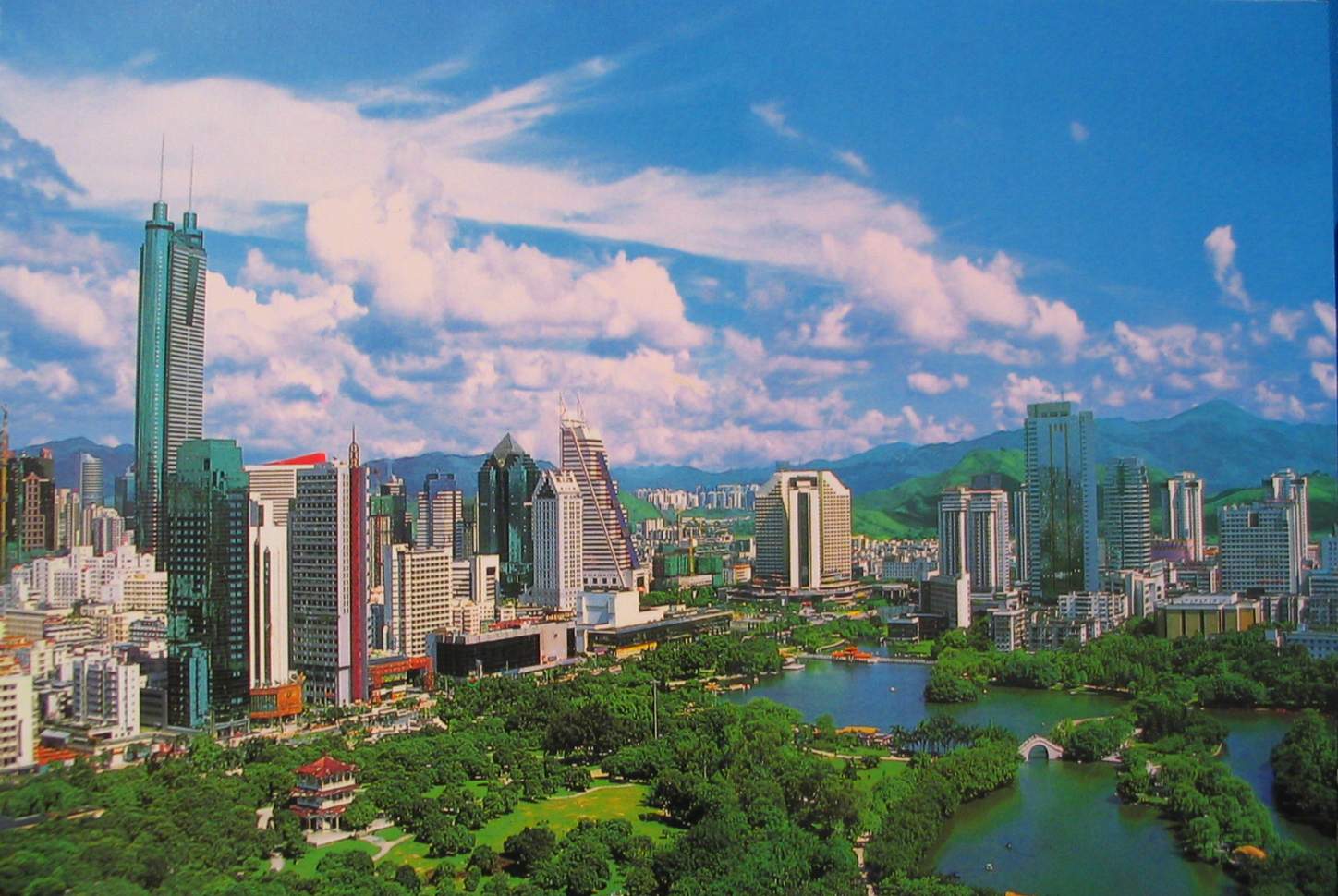I guess not.
Hey, take a look at post #34. What I said in pictures.
E7 did post number 34. Besides you missed the point completely, as usual.
As usual, you don't add anything at all. Just tired little smug meaningless comments with you sitting in the dark amazed at your own cleverness. The only one amazed. I applaud you with the sound of one hand clapping.
One again
 ?? I pointed out that E7 posted number 34 and that as usual you missed the point I was making. Both are facts. Come on dean. You can't possibly be that obtuse, it's humanly impossible.
?? I pointed out that E7 posted number 34 and that as usual you missed the point I was making. Both are facts. Come on dean. You can't possibly be that obtuse, it's humanly impossible.
Last edited:










